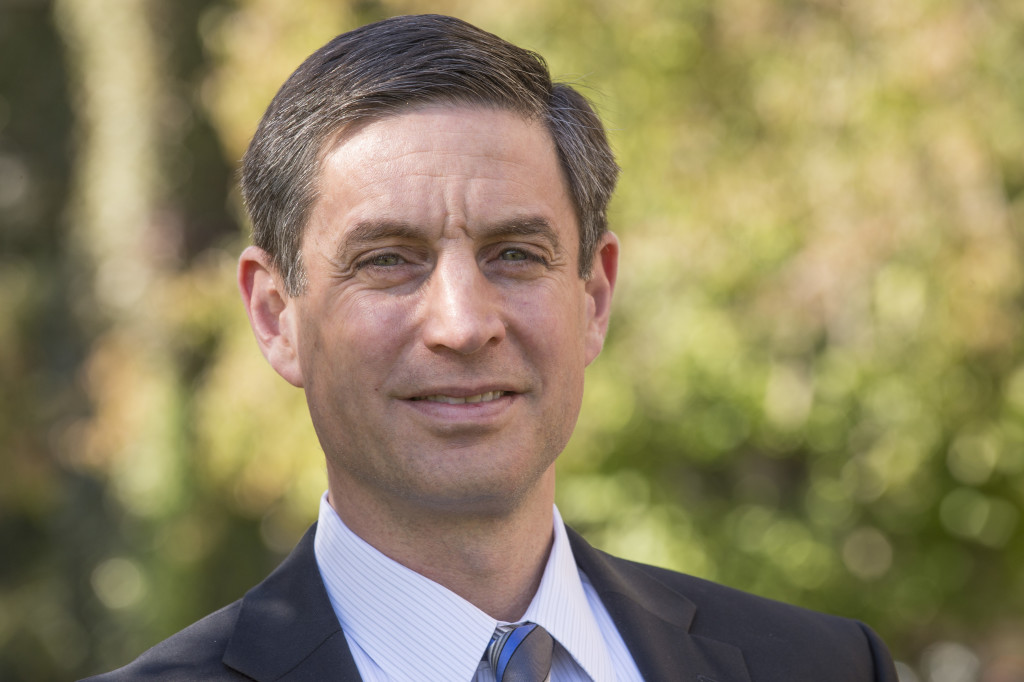
Michael Greenstone, University of Chicago
"Energy Efficiency Investments, Self-Selection, and Welfare"
Abstract: This paper evaluates the welfare consequences, rather than simply measuring energy savings, of a popular energy efficiency program exploiting a 100,000 household field experiment in Wisconsin. There are five main findings. First, nudges, information, and behavioral interventions do not increase program participation but monetary incentives do. Second, the take-up of energy efficiency investments is relatively inelastic to expected returns and reveals substantial non-monetary benefits and costs. Third, individuals that select into the energy efficiency program based on financial incentives are less likely to make efficiency investments than individuals that select in on their own, suggesting that these programs' returns may decline as they expand. Fourth, we find that realized energy savings are just 64% of projected savings and the social internal rate of return on these investments is -1.8%. Fifth, the revealed preference welfare analysis suggests that the program reduced welfare, primarily because subsidies exceeded uninternalized externality damages.
